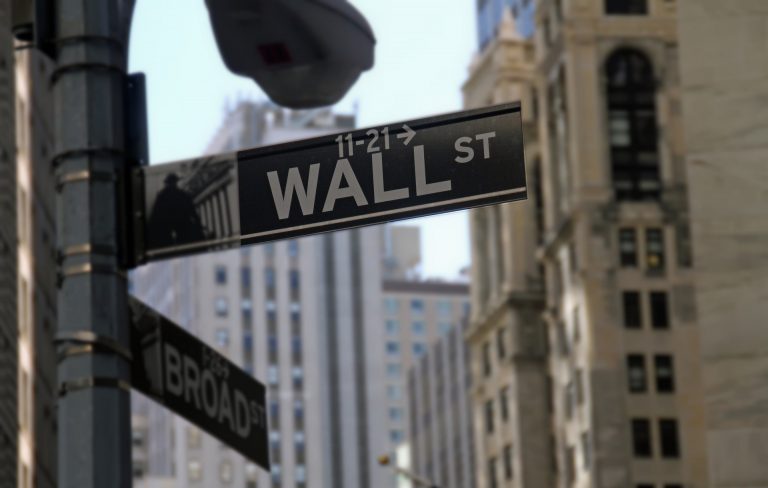According to the U.S.-China Economic and Security Review Commission, there were 248 Chinese companies listed in various American exchanges in May. These firms had a total combined market cap of $2.1 trillion. Now, the value of these companies has fallen by $600 billion to $1.5 trillion.
The decline in stock value has come due to several factors, including the ongoing tensions between Washington and Beijing. But a major reason is the potential delisting facing almost all the listed Chinese companies.
In early December, the U.S. Securities Exchange Commission (SEC) finalized rules related to the Holding Foreign Companies Accountable Act (HFCAA) that will allow the agency to delist any foreign company that does not respond to information requests from regulators or that fails to comply with the Public Company Accounting Oversight Board’s (PCAOB) audits for three consecutive years.
The bipartisan HFCAA legislation was signed into law by former President Donald Trump in December last year. It was adopted after regulators in China refused to allow foreign regulators to inspect audits of Chinese companies by citing privacy and national security reasons.
In a statement issued on Dec. 2, SEC Chair Gary Gensler revealed that while over 50 jurisdictions have worked with PCAOB to conduct the audit investigations, Hong Kong and China have historically barred such reviews. SEC and PCAOB will ensure that auditors of foreign companies that access American capital markets “play by our rules.”
Success
You are now signed up for our newsletter
Success
Check your email to complete sign up
The finalized SEC rules accepted the disclosure and submission requirements of HFCAA with two modifications. “First, they clarify how the requirements apply to variable interest entities. Second, they include requirements to tag information such as the auditor name and location… [It] also establishes procedures the Commission will follow in identifying issuers and prohibiting trading by certain issuers under the Act… This final rule furthers the mandate that Congress laid out and gets to the heart of the SEC’s mission to protect investors,” Gensler stated.
The impact of potentially delisting U.S.-listed Chinese stocks has been massive. Tech giant Alibaba has lost 50 percent of its valuation this year. KraneShares SCI China Internet ETF and Invesco Golden Dragon ETF have declined by 51 percent and 47 percent respectively in the same period.
In an interview with MarketWatch, Paul Zarowin, a professor of accounting at New York University’s Stern School of Business, said that both U.S. and Chinese regulators are in a “tug of war” with each other.
He blamed the CCP and Chinese leader Xi Jinping for prioritizing their desire to control everything. Jesse Fried, a professor at Harvard Law School, believes Beijing is too paranoid to allow PCAOB to inspect audits of Chinese firms. As such, HFCAA will only result in the delisting of Chinese firms.
“Everyone knew this was coming so this wasn’t a surprise… The SEC finalized the rules implementing the HFCAA, and the PCAOB has determined already that China and Hong Kong are noncooperative jurisdictions, so it looks like this is going forward,” Shaswat Das, counsel with King & Spalding in Washington and chief negotiator for the PCAOB with Chinese regulators from 2011 to 2015, said to the media outlet.
New SEC laws also require Chinese firms to provide proof that they are not being controlled by the communist regime. This is essentially impossible for many companies as they have board members who have ties to the CCP.
Together with the HFCAA legislation, it will now be extremely difficult for Chinese companies to remain listed in U.S. exchanges. In an interview with CNBC, David Loevinger, managing director for emerging markets sovereign research at TCW Group, stated that it is “game over” for U.S.-listed Chinese firms.
“This is an issue that’s been hanging out there for 20 years — we haven’t been able to solve it… So the reality is, I think, by 2024, most Chinese companies listed on U.S. exchanges are no longer going to be listed in the United States. Most are going to gravitate back to Hong Kong or Shanghai,” Loveinger said.














